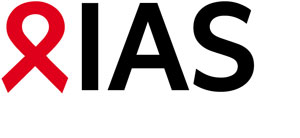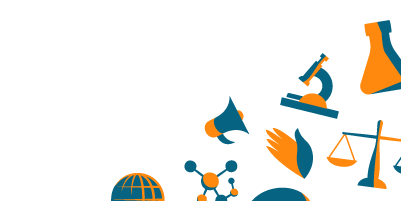 © Copyright 2022 – 2024 IAS – the International AIDS Society
© Copyright 2022 – 2024 IAS – the International AIDS Society
Contact us at [email protected]
Over the 41 years since AIDS was first reported, the International AIDS Conferences have served as a communal platform for collective action, driving some truly watershed moments in the HIV response.
Think back to AIDS 1996, the 11th International AIDS Conference, in Vancouver, Canada, where highly active antiretroviral therapy (HAART) was first presented. This scientific milestone resulted in a dramatic drop in mortality among people living with HIV and shifted the prognosis for HIV to a chronic illness.
Then came AIDS 2000, the 13th International AIDS Conference in Durban, South Africa, the first in a low- or middle-income country. AIDS 2000 fuelled momentum to change the approach to global public health, creating a unique opportunity to address both denialism and treatment inequity. More than 5,000 scientists published the “Durban Declaration”, confirming the overwhelming evidence that HIV causes AIDS.
We anticipate that AIDS 2022, the 24th International AIDS Conference, the first-ever hybrid International AIDS Conference following the outbreak of COVID-19, will be just as groundbreaking. We will convene with the theme, Re-engage and follow the science, to counter any apathy and clarify that we still have a long road to travel.
Indeed, the world was set to miss the 2020 goals even before COVID-19. The June 2021 United Nations Political Declaration on HIV and AIDS set new targets and offered welcome clarity on the breadth of policy interventions and resource investments required to meet these objectives. But these will become a reality only if evidence informs policy and scientific innovation continues to provide ever-better solutions to the remaining biomedical, socio-behavioural and implementation challenges.
AIDS 2022 promises to drive progress in these areas, among so many others, and that is why it is so important.
Expect the latest research on PrEP and PEP, HIV testing, monkeypox, co-infections and much more. Scientific highlights include:
- Eagerly-awaited results from DoxyPEP, a study showing that a dose of doxycycline after sex can significantly reduce the risk of sexually transmitted infections
- Updates on monkeypox prevention, treatment and policy issues, including implications for people living with HIV
- New data on the impact of chronic injection opioid use among people living with HIV
- Compelling new research showing how age-of-consent requirements for HIV testing and HIV criminalization laws are barriers to HIV prevention and care
- New studies on HIV and co-infections, including tuberculosis and hepatitis, as well as research on hepatitis C reinfection
- The latest studies on PTSD risk and mental health service utilization among people living with HIV
The programme explores a range of topics, from Indigenous responses to HIV to surveillance ethics, health innovation, quality healthcare, HIV cure and vaccine research.
Whether you attend in person or virtually (or both), you will be able to browse through hundreds of sessions and activities, including the opening and closing sessions, plenary presentations, invited-speaker symposia, Global Village activities, abstracts, satellite symposia and workshops.
We look forward to seeing you!
We will convene with the theme, Re-engage and follow the science, to counter any apathy and clarify that we still have a long road to travel.




